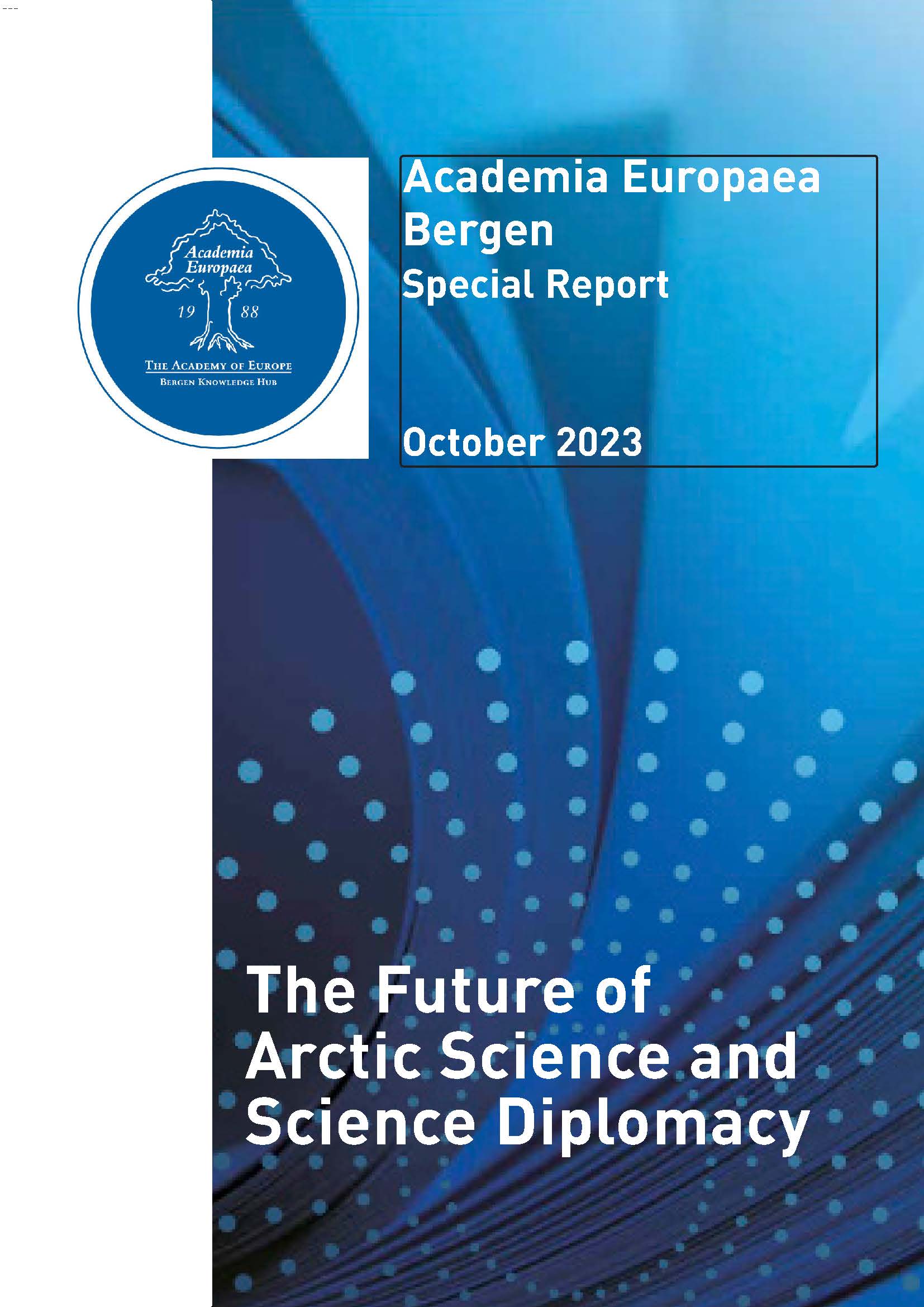Currently, Arctic climate research does not have access to climate data from 45% of the Arctic area. This is because climate data from the Russian Arctic areas is largely no longer available to the global research community, as a by-product of the Russia sanctions.
This is one of the findings in the report “The Future of Arctic Science and Science Diplomacy”, initiated by Academia Europaea Bergen, the Nordic hub for the European science academy Academia Europaea.
The absence of complete data for climate development in the Arctic is potentially dramatic, as the Arctic is seen as a “temperature gauge” for global warming. In the Arctic, temperatures are rising three times faster than generally in global warming.
Another situation demanding attention in the Arctic is the thawing of the permafrost and the methane emissions resulting from this. A complete picture of this will also require complete data from all Arctic areas including the Russian ones.
This lack of complete data is a by-product of the sanctions following the Russian war in Ukraine, sanctions that also affect cooperation with Russian scientists, including climate scientists.
Academia Europaea Bergen has commissioned the political scientist Ole Øvretveit to assemble a report on the situation for science diplomacy in the Arctic in the wake of the Russia sanctions since February 2022, with a particular focus on the consequences the lack of science diplomacy has had on the sharing of climate data and access to the collection of data.
Further follow-up of the project is ensured through a grant of NOK 400,000 from UArctic.
The complete report can be read or downloaded here.
The topics of the report were also central to a successful event with key stakeholders at the 2023 Arctic Frontiers conference. The issue has also been the topic of a SAPEA’ podcast, with project manager Ole Øvretveit and hub director Eystein Jansen as guest of the podcast.

